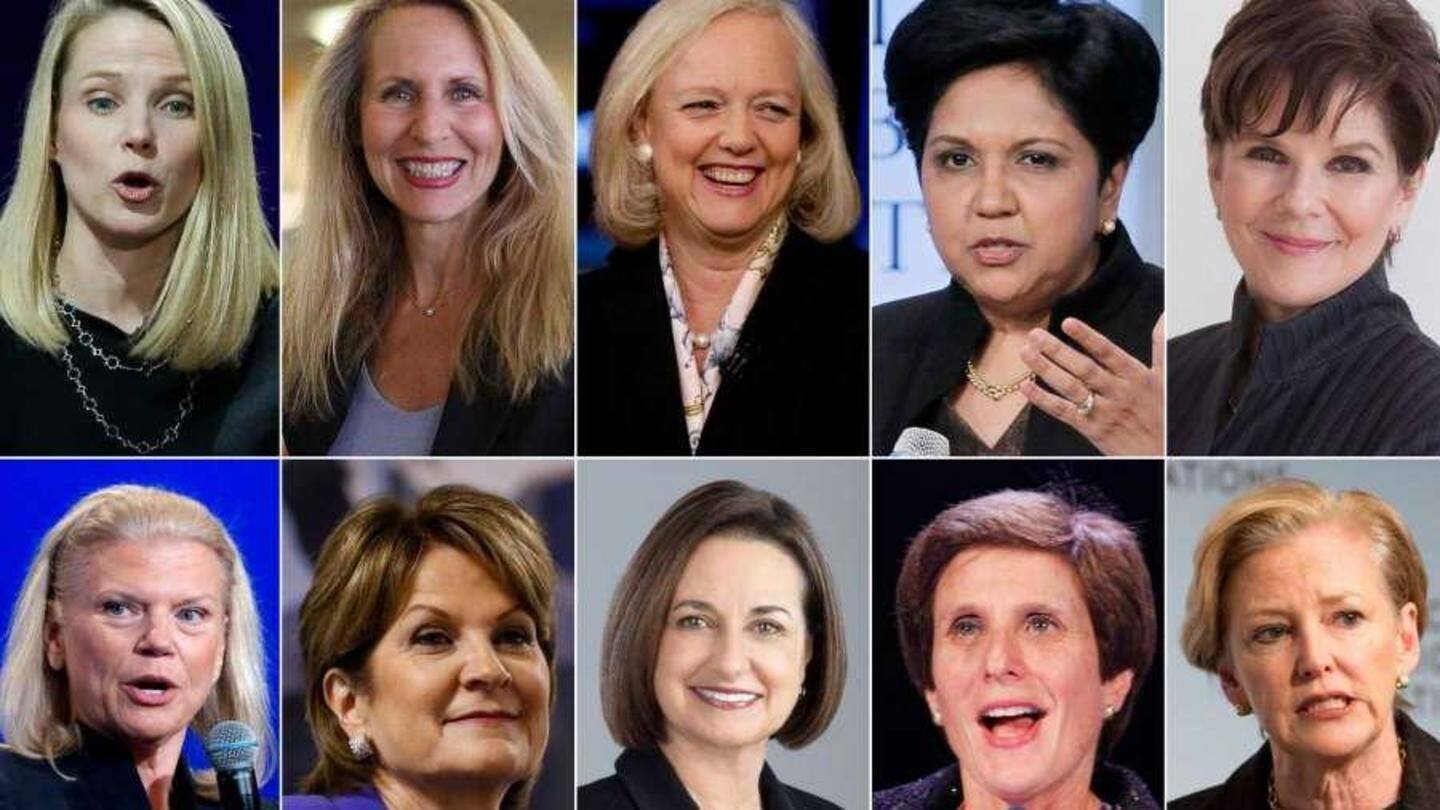
Qatar Airways Chief says CEO-position "very-challenging" for women. Is it?
What's the story
After making giant leaps, women are now leading global conglomerates, including many dealing in traditionally "masculine" products (think General Motors, IBM, Lockheed Martin and more). But apparently, it's too "challenging" for them to lead a commercial-airline. Or so thinks Qatar Airways (QA) CEO Akbar Al Baker. Though how's it surprising? The International Air Transport Association (IATA) has just two female CEOs on its 31-member board.
Quotes
'The case at QA is different,' but CEO-position 'very challenging'
Baker took charge today as IATA Board Chairman. Considering aviation has low female representation, it was natural for a reporter to ask what the new leader thinks. Baker said QA was different. "We encourage women...they have huge potential in... senior management-positions." But "of course it has to be led by a man, because it's a very challenging position." Audience at the Sydney press-conference groaned.
'Equality'
QA is employing women, but who will give them dignity?
Surely he didn't mean anything bad. More than 33% of QA staff was female, he defended, including pilots and senior VPs. "There's no gender inequality," he insists. In a way, he's right. QA's cabin crew is predominantly female, like most others. So what if it's been known to impose strict restrictions on them: fired if pregnant, marriage ban contracts, compulsory monitored accommodation, the likes.
Representation
Just 3% CEOs in aviation are women, IATA admits
Now Baker's taking charge of IATA, widely acknowledged as one of the world's biggest boys' clubs. Though it has batted for gender equality, last week's photo of 26 board members, all airline chiefs, included just one woman- Christine Ourmières-Widener, CEO of UK's regional Flybe Group Plc. In March, IATA admitted women CEOs made up just 3% in aviation, compared to 12% in "other industries."
Twitter Post
The striking photo that left a mark
IATA is governed by a Board of Governors made up of 31 members from airlines around the world. They met today ahead of #IATAAGM https://t.co/HlZLzjfy6y pic.twitter.com/ln2RQ1G8hT
— IATA (@IATA) June 3, 2018
Excuses
'All the good women have already been snapped up!'
You'd think the situation in more "liberal" settings is better than the conservative Middle East. You'd be wrong. Fortune listed British corporate excuses to keep women out of boards: they wouldn't "fit comfortably," they can't handle "extremely complex" issues, they don't want the "hassle or pressure." The clincher: "We have one woman on the board already, we're done." This headline is one, too.
Efforts
On the other end, people fight to make things right
There's still hope. Qantas Airways CEO Alan Joyce says 40% of its upper echelons is female. Bangkok Airways has two women on its 12-member board. China's SkyTeam, an airline alliance, appointed former Delta executive Kristin Colvile as CEO yesterday, to replace Perry Cantarutti. "It's the right business thing to do and it's the right moral thing to do," Joyce says.